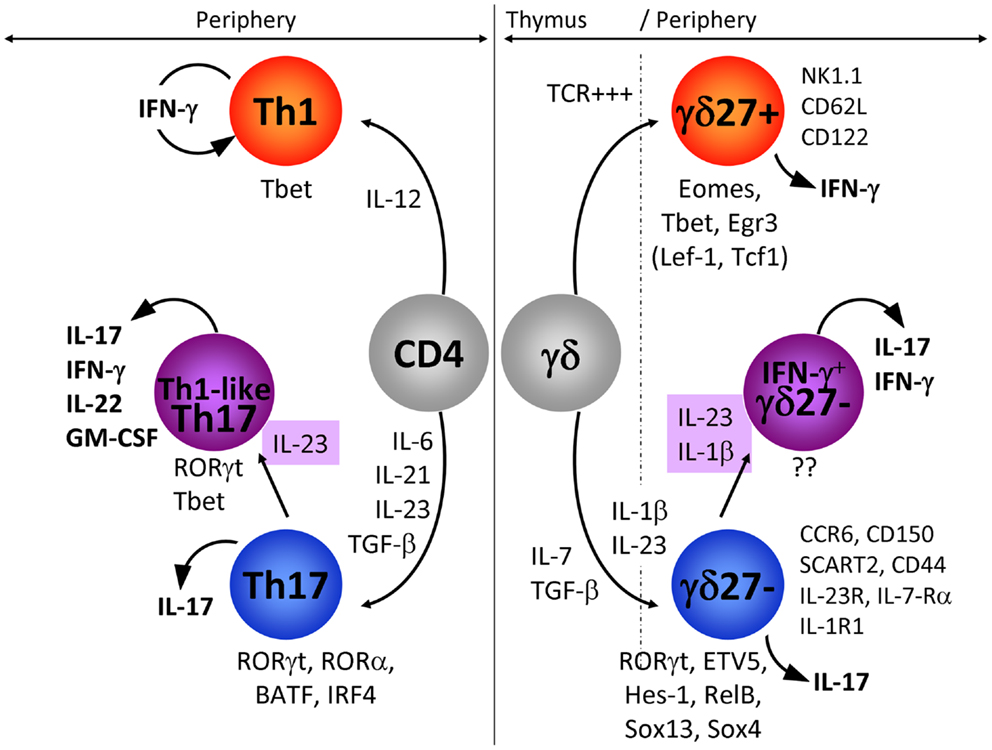Cytokine signatures in chronic fatigue syndrome patients: a Case Control Study and the effect of anakinra treatment
Abstract
Background
Cytokine disturbances have been suggested to be associated with the Chronic Fatigue Syndrome/Myalgic encephalomyelitis (CFS/ME) for decades.
Methods
Fifty female CFS patients were included in a study on the effect of the interleukin-1-receptor antagonist anakinra or placebo during 4 weeks. EDTA plasma was collected from patients before and directly after treatment. At baseline, plasma samples were collected at the same time from 48 healthy, age-matched female neighborhood controls. A panel of 92 inflammatory markers was determined in parallel in 1 μL samples using a ‘proximity extension assay’ (PEA) based immunoassay. Since Transforming growth factor beta (TGF-β) and interleukin-1 receptor antagonist (IL-1Ra) were not included in this platform, these cytokines were measured with ELISA.
Results
In CFS/ME patients, the ‘normalized protein expression’ value of IL-12p40 and CSF-1 was significantly higher (p value 0.0042 and 0.049, respectively). Furthermore, using LASSO regression, a combination of 47 markers yielded a prediction model with a corrected AUC of 0.73. After correction for multiple testing, anakinra had no effect on circulating cytokines. TGF-β did not differ between patients and controls.
Conclusions
In conclusion, this study demonstrated increased IL-12p40 and CSF-1 concentrations in CFS/ME patients in addition to a set of predictive biomarkers. There was no effect of anakinra on circulating cytokines other than IL-1Ra.
https://translational-medicine.biomedcentral.com/articles/10.1186/s12967-017-1371-9
Abstract
Background
Cytokine disturbances have been suggested to be associated with the Chronic Fatigue Syndrome/Myalgic encephalomyelitis (CFS/ME) for decades.
Methods
Fifty female CFS patients were included in a study on the effect of the interleukin-1-receptor antagonist anakinra or placebo during 4 weeks. EDTA plasma was collected from patients before and directly after treatment. At baseline, plasma samples were collected at the same time from 48 healthy, age-matched female neighborhood controls. A panel of 92 inflammatory markers was determined in parallel in 1 μL samples using a ‘proximity extension assay’ (PEA) based immunoassay. Since Transforming growth factor beta (TGF-β) and interleukin-1 receptor antagonist (IL-1Ra) were not included in this platform, these cytokines were measured with ELISA.
Results
In CFS/ME patients, the ‘normalized protein expression’ value of IL-12p40 and CSF-1 was significantly higher (p value 0.0042 and 0.049, respectively). Furthermore, using LASSO regression, a combination of 47 markers yielded a prediction model with a corrected AUC of 0.73. After correction for multiple testing, anakinra had no effect on circulating cytokines. TGF-β did not differ between patients and controls.
Conclusions
In conclusion, this study demonstrated increased IL-12p40 and CSF-1 concentrations in CFS/ME patients in addition to a set of predictive biomarkers. There was no effect of anakinra on circulating cytokines other than IL-1Ra.
https://translational-medicine.biomedcentral.com/articles/10.1186/s12967-017-1371-9

